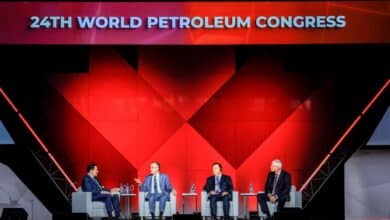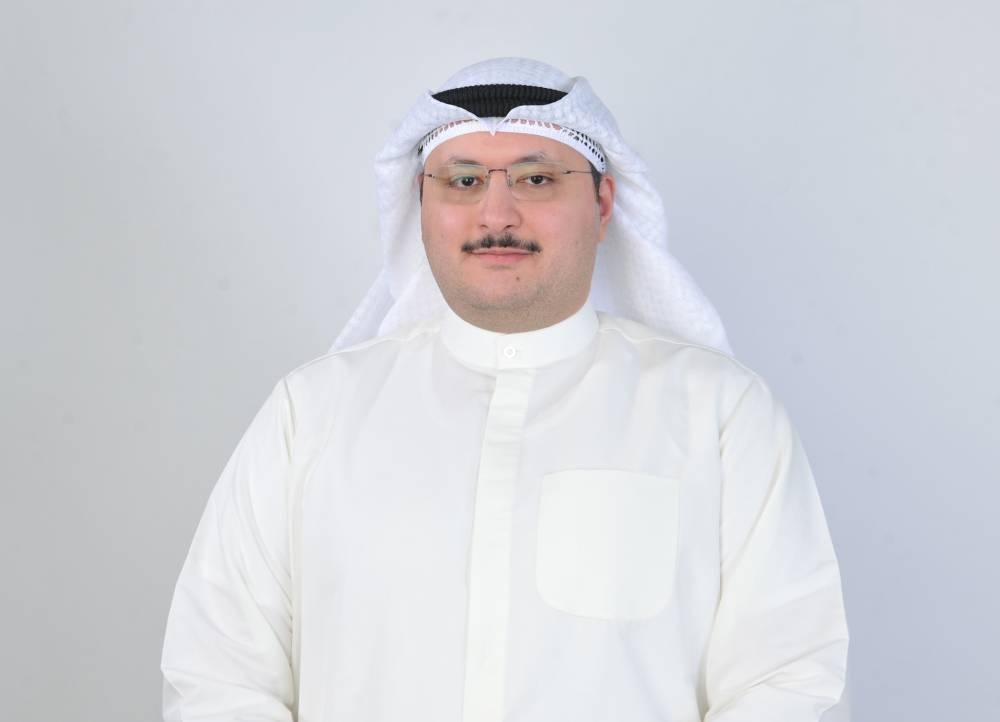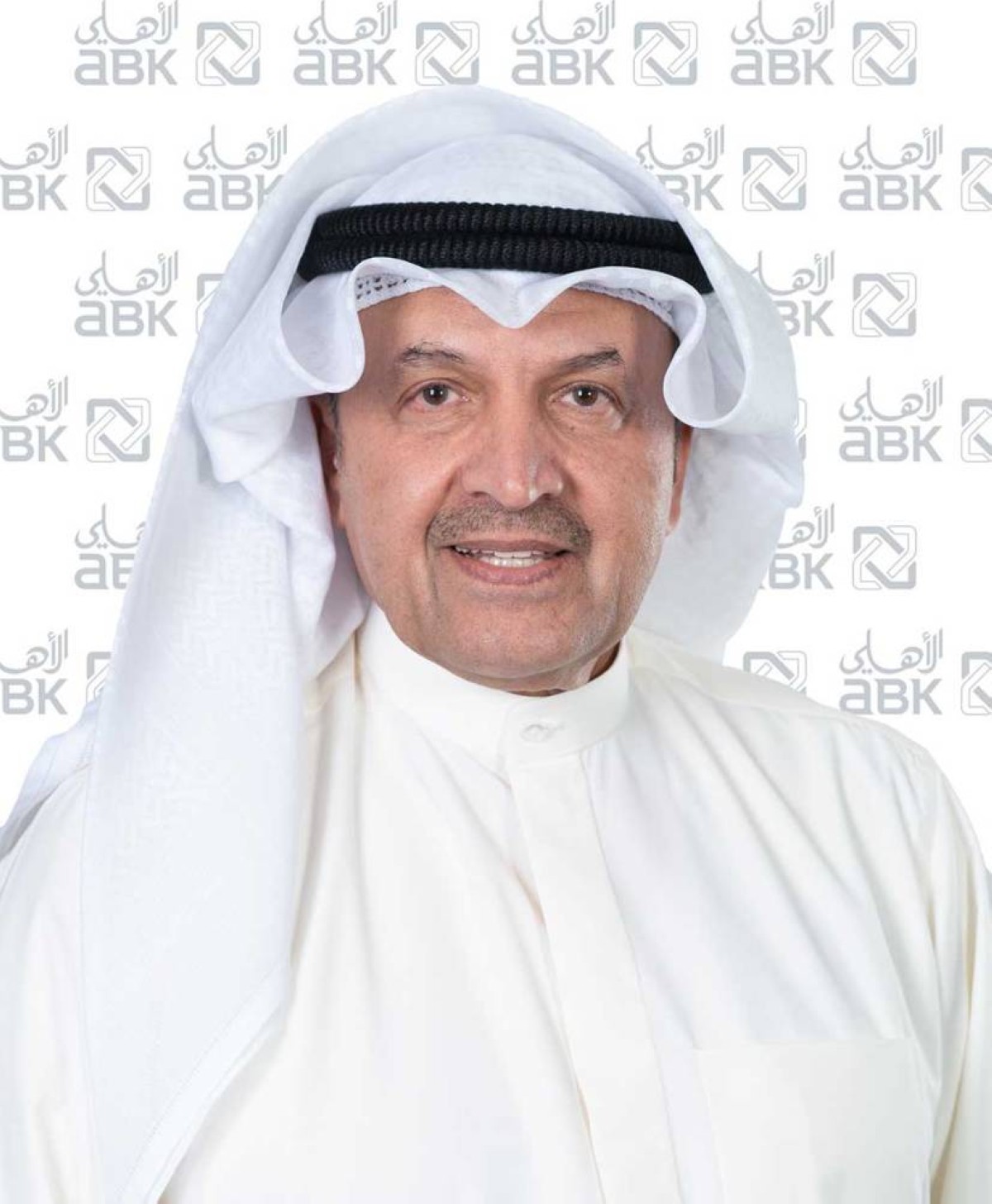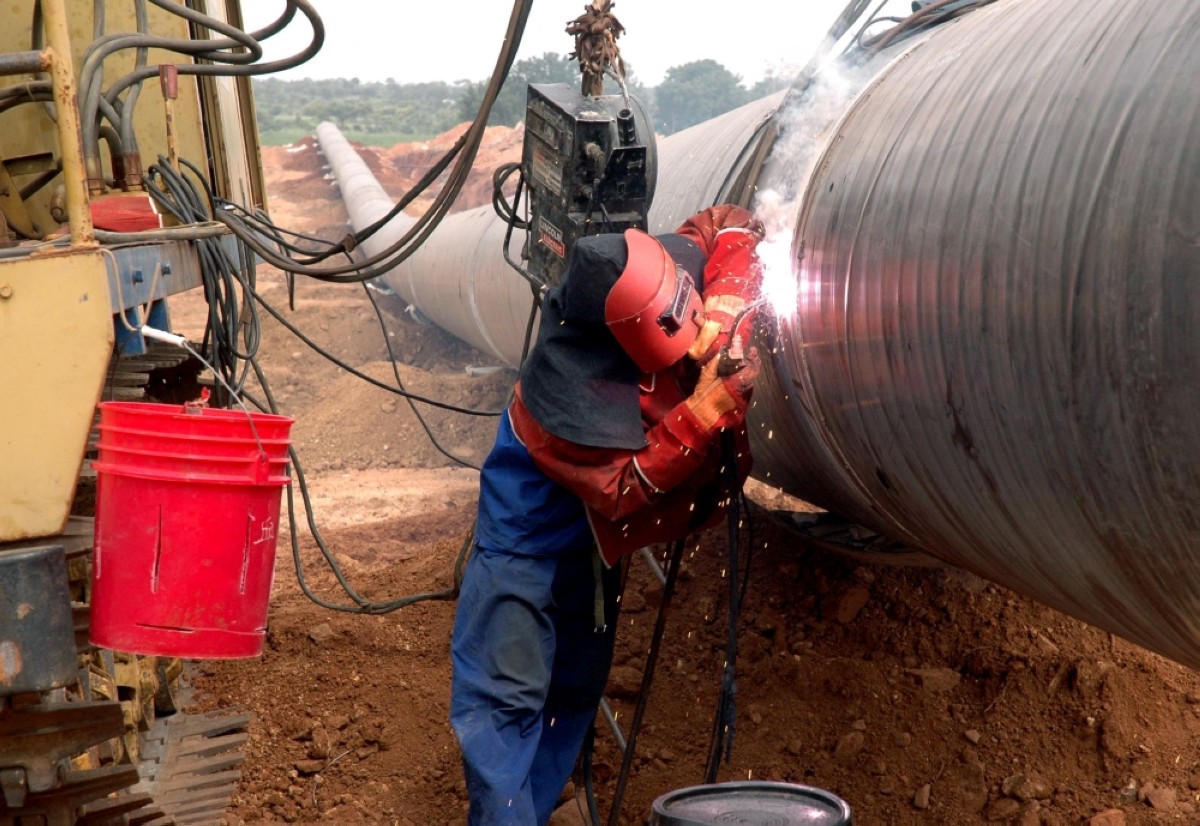The path to net zero: World Petroleum Congress kicks off
CALGARY, Canada: Hundreds of executives and government officials from oil-producing nations around the world have gathered in Calgary against the backdrop of growing global pressure to reduce greenhouse gas emissions.

The 24th World Petroleum Congress, one of the largest oil-and-gas conferences in the world, commenced on Monday and concludes on Thursday. The theme of the gathering this year is Energy Transition: The Path to Net Zero. The event, which has not been held in Canada since 2000, will count among its attendees heavyweights such as Exxon Mobil CEO Darren Woods, Repsol CEO Josu Jon Imaz and Amin Nasser, the CEO of Saudi Aramco, the world’s largest oil company.
The congress, which occurs every three years, is taking place at a time when the issue of global energy security remains heightened in the wake of Russia’s invasion of Ukraine. In addition, Saudi Arabia and Russia recently agreed to extend their voluntary oil production cuts through the end of this year, sending commodity prices higher. Last week, the US benchmark crude price West Texas Intermediate topped $90 per barrel for the first time since late last year. But the executives meeting in Calgary are also gathering after what scientists say was the hottest summer on record – a summer marred by climate change-fuelled wildfires and floods around the world.
Many of the companies in attendance at the congress have been criticized by environmentalists for prioritizing profits over the planet. The energy transition, and the need for the oil and gas sector to achieve net-zero greenhouse gas emissions in the decades to come, is the theme of this year’s event. The World Petroleum Congress is led by WPC Energy, which is an organization of nearly 65 member countries from around the world, including both OPEC and Non-OPEC countries. Saudi Arabia will be hosting the 25th edition of the World Petroleum Congress after the organizational committee of the Congress accepted the country’s bid to be the venue for the event.
The formal announcement was made on the sidelines of the Youth Forum that World Petroleum Council (WPC) organized in Almaty, Kazakhstan. The conference comes as the earth has sweltered through its hottest summer ever measured in Calgary and Edmonton. And the many days filled with wildfire haze has made this the smokiest summer on record. The Chair of the World Petroleum Council in Canada said they would be discussing what companies and countries are doing to help move towards the goal of decarbonizing existing production of oil and gas. “We will look at carbon capture and storage.
We will look to hydrogen, methane reduction, those types of technologies. But many of the companies have since expanded into other business segments, including wind and solar, and those types of things and they’re looking at a comprehensive energy system,” said Richard Masson, World Petroleum Council, Canada chair. Masson said they will being having a broad dialogue about what the energy transition means on a global basis.
“Many of the companies and countries are in the developing world where the challenges are different and greater because they don’t have adequate energy and affordable prices for their people yet, so we’re going to talk about that big picture, too, because we often think about it from a western point of view where we can just buy an electric car and we will be better off.
That isn’t possible in much of the world,” Masson said. President and CEO of the 24th World Petroleum Congress Denis Painchaud said on Sunday that the industry has come together to recognize and to appreciate that we are all in this together and that we all need to tackle climate change. “It’s real it’s happening and so what can the industry do to address its contributions to climate change.” He said that transition was not something people talked about in 2000 when the WPC was last held in Calgary. – Agencies.











